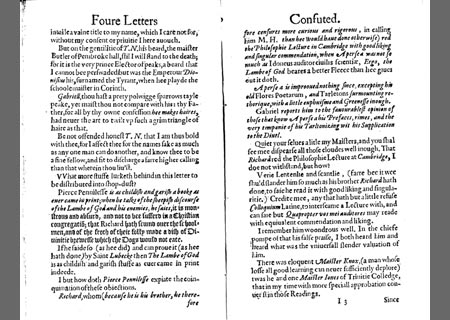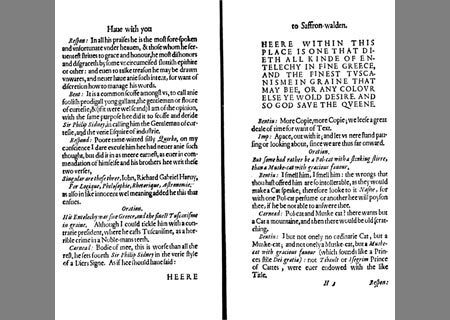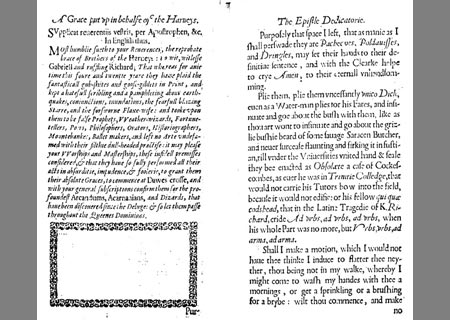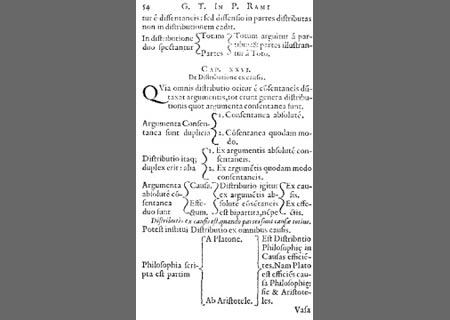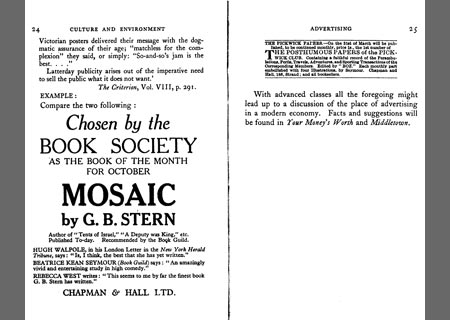On Speech, Print, and New Media: Thomas Nashe and Marshall McLuhan
- Volume 24, Number 2
- Neil Rhodes
- View PDF | Download PDF
- http://journal.oraltradition.org/issues/24ii/rhodes
Abstract
Marshall McLuhan, pioneer of modern media studies, wrote his Ph.D. thesis on the Elizabethan writer Thomas Nashe and the history of the classical trivium. This essay shows how McLuhan’s early exposure to Nashe influenced his later work on speech, print, and modern media. It argues that Nashe’s use of print to re-create oral conditions and his invention of personae drawn from fairground and marketplace helped shape McLuhan’s response to media and popular culture. Rhodes goes on to argue that it was Nashe’s attack on Ramus, to which McLuhan gave particular emphasis, that was the source of the idea that print promotes linear thinking and closure at the expense of the very different qualities associated with oral culture. He ends by countering some of the charges made against McLuhan that he sentimentalizes the oral by using it to represent an ideal of human wholeness.


